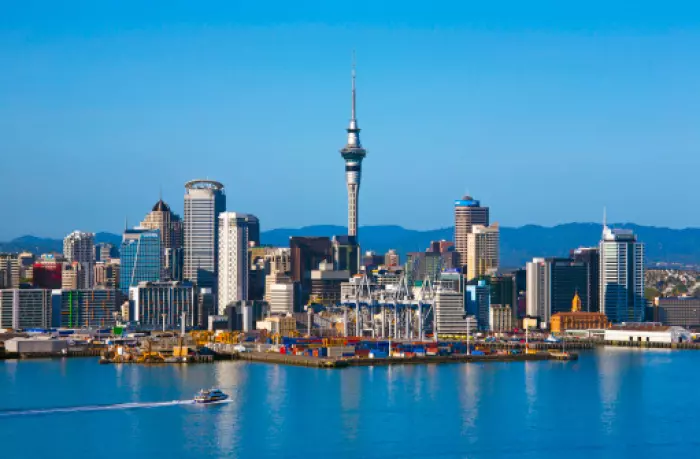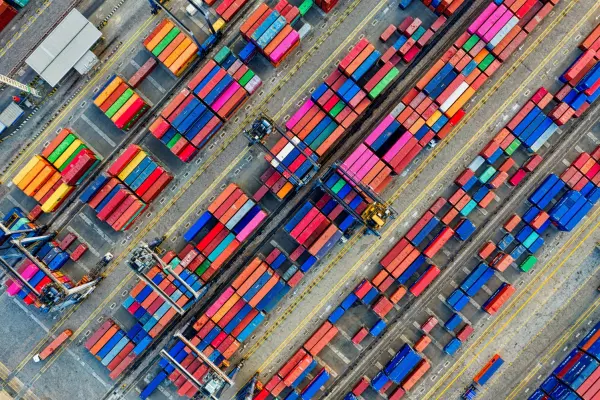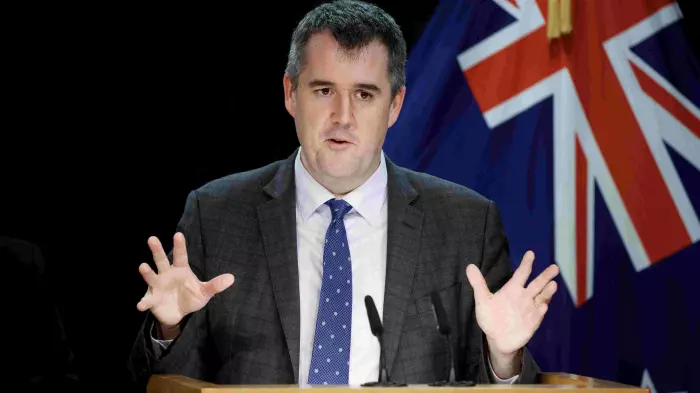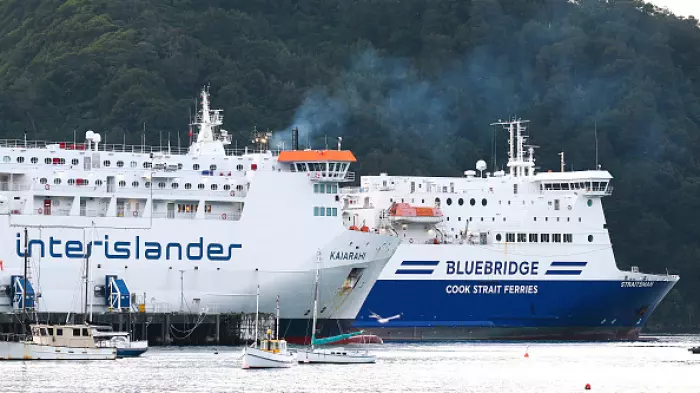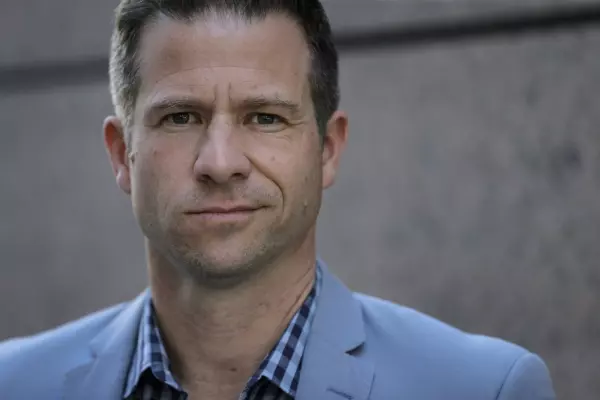It's a massive fall from grace for Auckland, a real hero-to-zero moment.
Last year, New Zealand's largest metropolis was the world's most liveable city, according to the Economist Intelligence Unit’s Global Liveability Index 2022.
But this year, both Auckland and Wellington tumbled down the rankings, to 33rd and 46th places respectively, the biggest falls recorded.
Last month, the largest meeting on the planet about making cities better places to live was held in Poland. But of the 17,000 people from 173 countries who attended the 11th World Urban Forum, fewer than a dozen were from NZ – and not one of them was representing our government.
More of us live in cities
Urbanisation is growing around the globe. More of us are choosing to live in cities – 87% of NZ is urbanised today, up from 75% in 1960.
Despite covid-19’s working-from-home impact, globally the number of people living in cities is still expected to grow from 56% today to 70% by 2050. In NZ, this will exceed 90%.
We need to be prepared, and to watch what's happening in the world's most innovative cities.
Every two years, the World Urban Forum is convened by the United Nations urban development agency, UN Habitat, to examine this rapid urbanisation and the impact it has on cities.
NZ has not been significantly present at the last three gatherings. In fact, the head of one of the units for the Organisation of Economic Co-operation and Development (OECD), of which NZ is a member, asked me for a government contact. He said it's been difficult to find anyone to make progress with on city issues.
At the heart of the forum's agenda is the UN Sustainable Development Goal – which all countries have signed up to – of achieving much more sustainable cities. Covid-19 has, of course, undermined this.
The World Cities Report released at last month's forum said that 260 million people are newly poor. There's been an astonishing 55% increase in the number of disability-adjusted life years lost as a result of mental illness since 2000.
Countries' efforts to achieve net zero greenhouse-gas emissions have been inadequate. NZ has its own issues.
The forum is a rich source of solutions to these problems.
There were keynote addresses, practical workshops, roundtables and training covering sustainable urban planning, smart technology, resilient community building and models for emergencies (important, given how many there seem to be today).
Ideas and innovation pass us by
At the forum there was a wealth of ideas on how to make our cities better places to live.
At a session on mobility, the Electric Vehicle City Casebook was introduced to guide nations who are still stuck in the slow lane for adopting EVs.
In Germany, there are 73 "smart cities" using the latest technology. On a population basis, NZ should have at least five. We have none.
You could see city best-practice approaches:
- Toronto requires a green roof on larger new buildings to improve insulation.
- Seoul uses an open data platform to share and improve how many city services operate.
- In the Colombian capital of Bogotá, they build social capital through their plan-making process.
- In the Belgian city of Leuven, they enlist citizens with a technology tool to improve mobility.
But NZ cities? Nothing.
Pandemic impact
The Auckland and Wellington falls in this year’s Global Liveability rankings were impacted by NZ’s covid-19 management.
In the early months of covid, this country's decision to close our borders was judged a world-leading measure, but the delayed vaccine rollout and leakage of the more infectious virus variants had a big impact on New Zealanders' quality of life in 2021.
In non-pandemic times, our typically healthy city rankings are affected by infrastructure deficits and planning and funding constraints.
To respond, UN Habitat says cities like Auckland need more innovative and inclusive solutions to its urban challenges.
Sir Peter Gluckman’s research centre Koi Tū highlighted this in its March 2022 publication Reimagining Tāmaki Makaurau Auckland.
Auckland needs joined-up decision-making, a unified vision and a coherent funding programme all agreed with central government and supported by Aucklanders.
We should deploy better technology tools and innovation, particularly to meet the region’s sustainability needs.
Citizens need to take part in decision-making to arrest our woeful council satisfaction and participation rates.
The recent National Policy Statement on Urban Development could have been a comprehensive response to the environment, housing, transport, other infrastructure and liveability issues facing our cities. But it focused almost exclusively on housing, mentioning it 70 times. Amenity is mentioned only three times.
What others do right
Vienna gets a perfect score in the Economist Global Liveability Index's education, healthcare, infrastructure and stability categories – and is fourth in environment and culture.
The Austrian capital has topped the overall rankings three times in the past five years.
World Bank and OECD studies highlight the city's collaborative planning system and devolved empowerment. These have led to effective social housing and public transport systems – and the title of the World’s Greenest City.
The other top-ranking cities in the liveability index share similar attributes. Six were in Europe (Vienna, Copenhagen, Zurich, Geneva, Frankfurt and Amsterdam), three in Canada (Calgary, Vancouver, and Toronto), one in Japan (Osaka) and one in Australia (Melbourne).
The most important part of the Gluckman report is the section on enabling change. This calls on the government to improve the governance, management and planning of Auckland.
Addressing this would be a big step towards improving the city's liveability and give NZ a showcase opportunity at the next World Urban Forum in Egypt in 2024.
The most liveable cities were:
1) Vienna, Austria
2) Copenhagen, Denmark
3) Zurich, Switzerland
3) Calgary, Canada
5) Vancouver, Canada
6) Geneva, Switzerland
7) Frankfurt, Germany
8) Toronto, Canada
9) Amsterdam, Netherlands
10=) Osaka, Japan
10=) Melbourne, Australia
The least liveable cities were:
163) Tehran, Iran
164) Douala, Cameroon
165) Harare, Zimbabwe
166) Dhaka, Bangladesh
167) Port Moresby, Papua New Guinea
168) Karachi, Pakistan
169) Algiers, Algeria
170) Tripoli, Libya
171) Lagos, Nigeria
172) Damascus, Syria
Mark Thomas leads a cities and technology business. He was a participant in the 11th World Urban Forum held in Katowice, Poland, from June 26-30, 2022.


